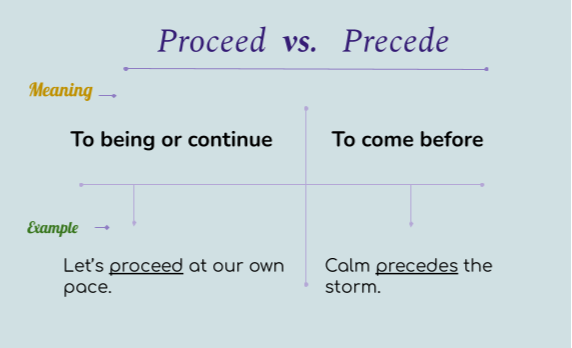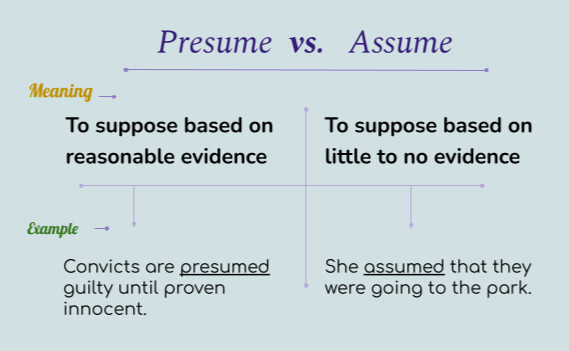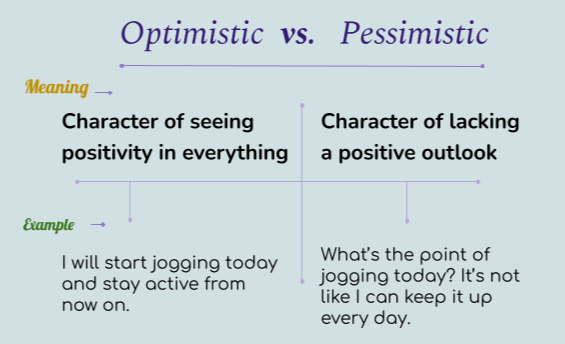Nerve-Racking vs. Nerve-Wracking: Which is Correct?
Nerve Wracking and Nerve Racking are both used to express the feeling of fear and scare that the nerves stand up in a rack. Wrack is an archaic word so standard English likes Nerve Racking better.
Nerve Racking
Rack is a verb that means to inflict extreme pain, distress and torture. When people get scared of something, their nerves tend to be torturous as they become nervous. Here, the nerves are imagined to become a torturous presence so it has become a saying in English. Any scary incident can be stated as Nerve Racking.
- The silence was nerve-racking.
- The suspense at the start of the movie was absolutely nerve-racking.
- Speaking in front of a big audience is always a nerve-racking experience.
- I find the nerve-racking feeling rather addictive.
Nerve Wracking
Wrack is a verb that means to destroy or ruin. Nerve Wracking is used to mean the same thing as a well-established variant. Most people and dictionaries allow it to be an alternative spelling of the adjective Nerve Racking but it often raises a few eyebrows down the line.
- The silence was nerve-wracking.
- The suspense at the start of the movie was absolutely nerve-wracking.
- Speaking in front of a big audience is always a nerve-wracking experience.
- I find the nerve-wracking feeling rather addictive.
Rack vs. Wrack
Rack and wrack are different words with distinct meanings of their own but their -ing attached verb tenses after the word “Nerve” to an adjective synonymous with “Nervous” must be the only thing common between them. These two verbs are never used interchangeably anywhere else.
Nerve-Racking vs. Nerve-Wracking: Which is Correct?
Nerve Racking and Nerve Wracking are alternative wordings for the same English expression that signifies being nervous to scared of something. That means none of them are incorrect but the standard spelling would be Nerve-Racking.
The difference between them would be where to use them without running the risk of being deemed incorrect. For example, maybe skip the less accepted spelling “Nerve-Wracking” from your class tests, you can avoid being harshly assessed by any teacher who may not agree with these spellings being interchangeable.
When to Use Nerve Racking and Nerve Wracking?
Let’s consider an example of an author since they are the most expert wordsmiths among us. An author chooses the standard spelling Nerve Racking for more acceptance of maybe they like to play by the rules. When they choose to use Nerve Wracking instead of the one with R, maybe they create a wordplay that benefits from the base meaning of the word Wrack - to destroy.
Or when an author who usually always prefers to use the Nerve Wracking spelling over the standard one with the R chooses to use the standard one in one occasion on their novel for the torturous meaning of the word Rack for an added linguistic value.
Why is Nerve Wracking Less Correct?
Nerve Wracking is merely an alternative meaning of the adjective Nerve Racking but it turns out that not everyone is ready to accept them as equals. There still are a few dictionaries that decline to add Nerve Wracking to their list of phrases and a good handful of language police that vehemently disapprove of the W spelling. And this ends up making the Nerve Racking more correct than its W alternative.
Grammar
Read More
- How to Use "Therefore" in Sentences Avoiding Common Mistakes
- How to Use "Whereas" with Examples and Avoid Common Mistakes
- When and How to Use "Thus" Correctly Without Common Mistakes
- How to Use "On the Contrary" Properly with Meaning and Examples
- When and How to Use "Either/Or" with Examples and Common Mistakes to Avoid
- How to Use "On the Other Hand" Effectively without Mistakes
- How to Use "Respectively" with Example and Common Errors to Avoid
- How and When to Use "Moreover" Without Mistakes
- How to Use "Likewise" in Sentences Based on Context & When not to Use
- When & How to Use "Although" in Sentences to Avoid Mistake




